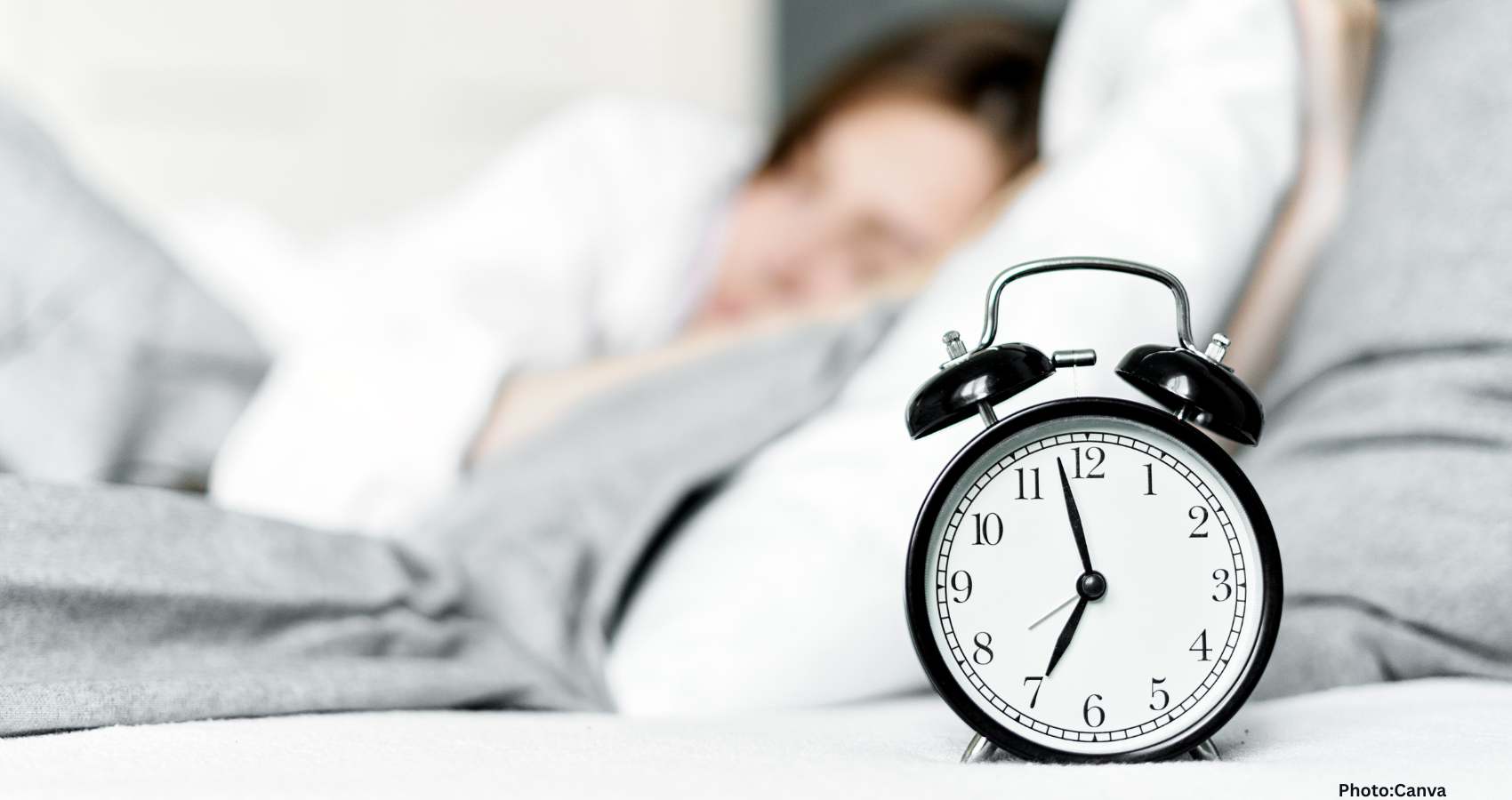The belief that adults need eight hours of sleep each night is being challenged by experts, who argue that individual sleep needs vary significantly based on various factors.
The long-standing notion that every adult requires exactly eight hours of sleep each night is increasingly under scrutiny by sleep scientists and evolutionary researchers. Harvard evolutionary biologist Daniel E. Lieberman asserts that the eight-hour rule is more a cultural myth rooted in the Industrial Era than a biological necessity.
Research indicates that in pre-industrial societies, where electricity was not available, individuals typically slept between six and seven hours without daytime naps. This challenges the modern prescriptions for sleep duration that have become commonplace in today’s society.
Large-scale health datasets reveal a U-shaped curve concerning sleep duration and health risks. Studies consistently show that around seven hours of sleep is linked to the lowest rates of mortality and cardiovascular issues. In contrast, both shorter and longer sleep durations are associated with increased health risks. This U-shaped relationship has been corroborated by multiple studies, including extensive analyses from the U.K. Biobank, suggesting that seven hours of sleep may often outperform the traditional eight-hour target for many healthy adults.
Recommendations from authoritative organizations such as the American Academy of Sleep Medicine and the Sleep Research Society emphasize that adults should aim for seven or more hours of sleep per night, focusing on a range rather than a fixed number. The Mayo Clinic supports this guideline, noting that individual sleep needs can vary based on factors such as age, sleep quality, previous sleep deficits, pregnancy, and natural changes in sleep patterns as one ages.
Practically speaking, adults are encouraged to maintain consistency in their sleep schedules and prioritize sleep quality over rigid hour counts. Strategies such as adhering to regular bedtimes and wake times, exposing oneself to morning light, minimizing blue light exposure at night, and creating a cool, dark sleeping environment can significantly enhance restorative sleep. Additionally, avoiding excessive caffeine and alcohol close to bedtime is crucial for better sleep hygiene.
If an individual consistently requires more than nine hours of sleep, it may indicate underlying health issues such as depression, sleep apnea, or other chronic conditions. In such cases, consulting with a healthcare provider is advisable.
Ultimately, the eight-hour sleep rule is an oversimplification that does not accommodate everyone’s biological needs. For many adults, seven hours of sleep represents a healthful sweet spot, with some individuals needing slightly more or less depending on their lifestyle and health status. By shifting the focus toward sleep quality and daytime functioning, both business leaders and individuals can prioritize habits that promote long-term health and performance.
Source: Original article

